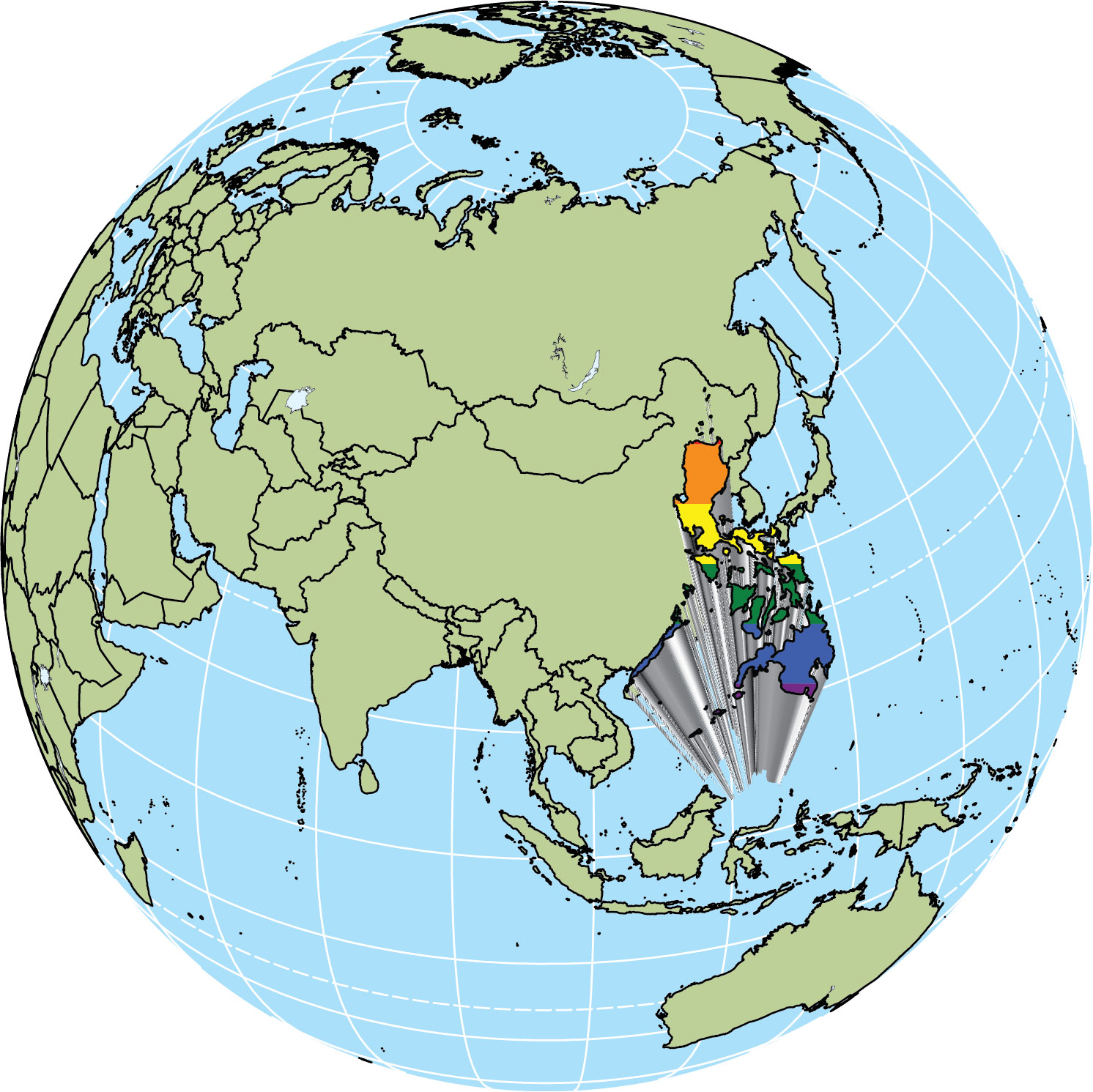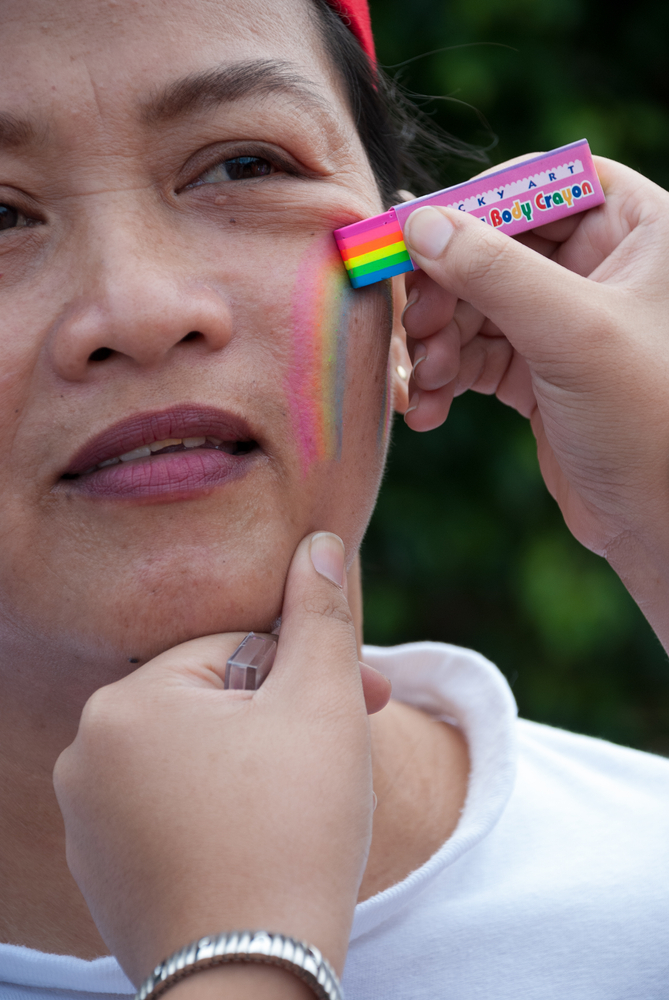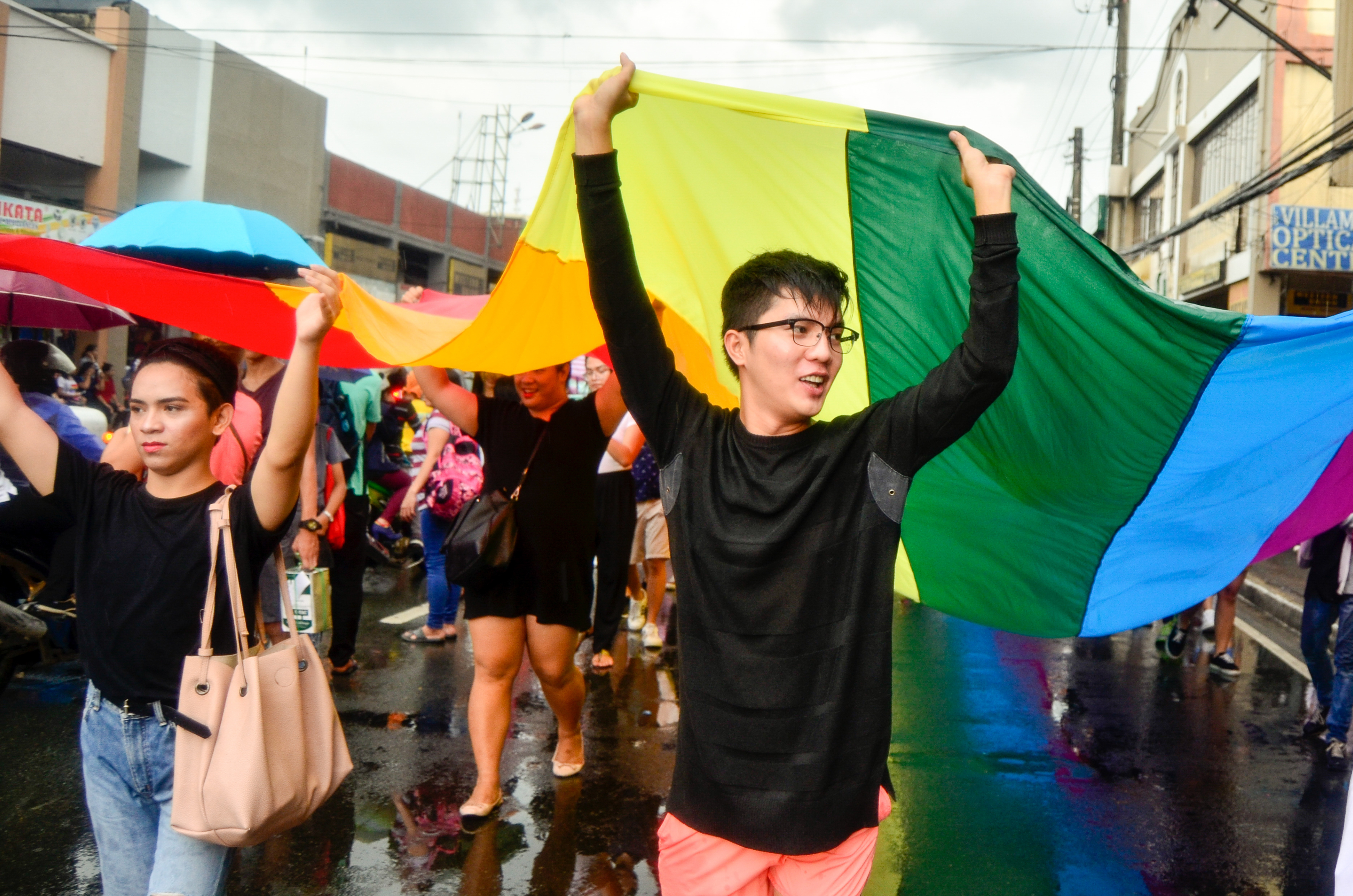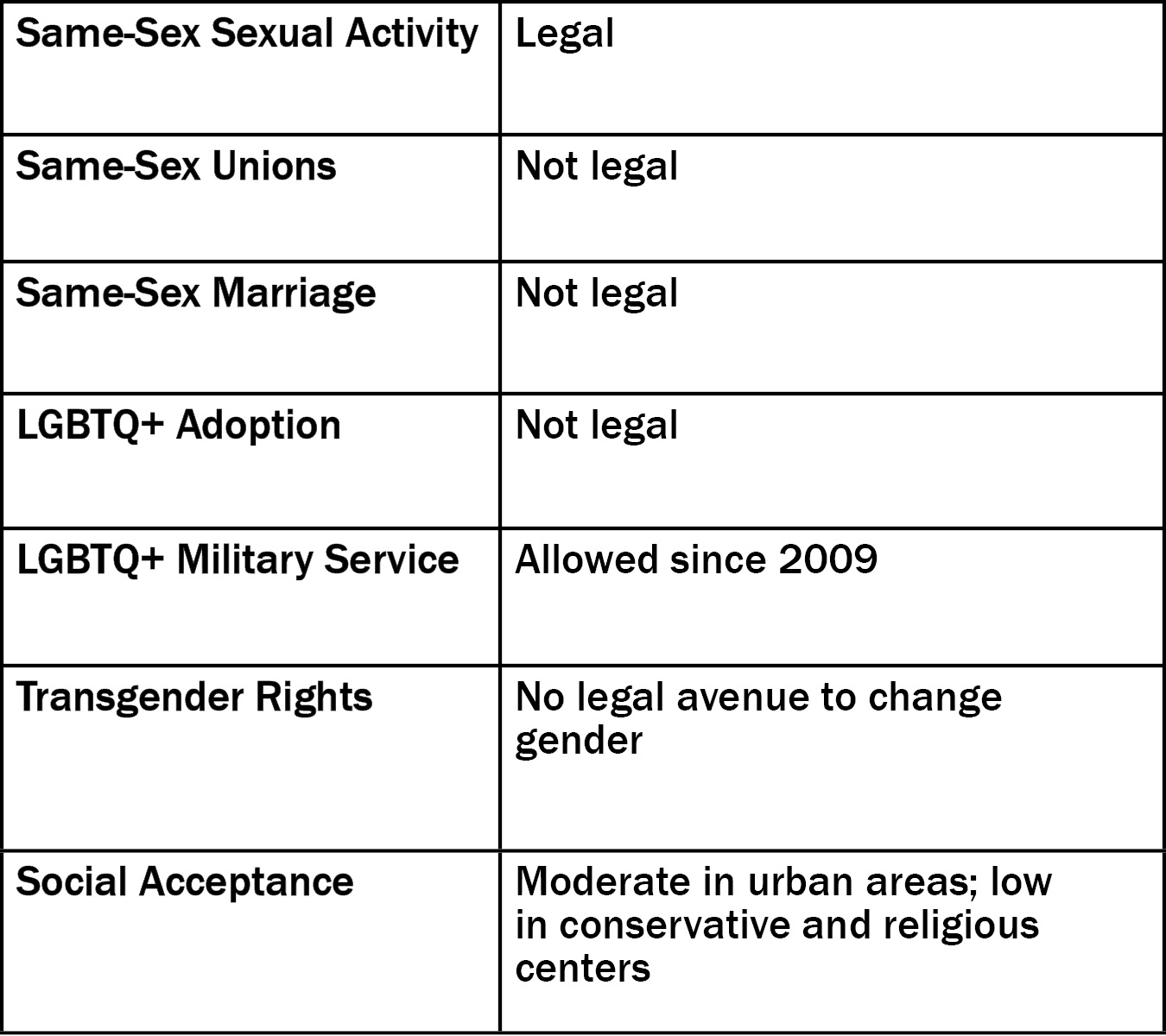LGBTQ: Legal and Cultural Status
Over the past few years, the LGBTQ+ community has been the beneficiary of a marked shift in global public opinion, with movement towards greater cultural acceptance and enhanced legal status. Nevertheless, views are not uniform across all countries.
In the most progressive countries, members of the LGBTQ+ community enjoy cultural acceptance, social freedoms, and full legal status. In the most restrictive countries, identifying as LGBTQ+ or engaging in same-sex acts is punishable by jail or death.
When preparing to travel abroad as a tourist or for business, members of the LGBTQ+ community should thoroughly research country-specific legal, cultural, and security issues prior to departure.
Understanding where a destination country falls on the spectrum of acceptance allows LGBTQ+ individuals to decide whether to travel to a given destination and to understand how to conduct themselves safely when they arrive.
Legal Facts
Same-Sex Sexual Activity
There are no laws in the Philippines which explicitly ban same-sex sexual activity so long as it takes place in private. However, even moderate public affection between same-sex individuals can be punished under Article 200 of the country’s Penal Code which offers blanket restrictions against public acts which can be considered “highly scandalous.” This subjective term can be used to criminalize same-sex sexual activity.
Same-Sex Unions
Currently, same-sex unions are not lawful in the Philippines. Bill 6595 was reintroduced in 2019 to the seventeenth congress of the Philippines, though the bill has not successfully passed. The bill was first introduced in October 2016, then reintroduced for the first time in 2017.
Same-Sex Marriage
Same-sex marriage is not legal in the Philippines. Same-sex marriages entered abroad are legally recognized within the country, though they cannot be legally performed within the country. There is a group known as the Communist Party of the Philippines which has historically allowed same-sex marriages within territories under their control, but these marriages are not federally binding.
Adoption
It is unlawful for same-sex couples to adopt children in the Philippines. LGBTQ+ individuals do have a legal right to adopt as a single parent, just not as a couple. LGBTQ+ couples are thus able to adopt but they must hide their status as a couple and only one of the parents will legally be the child’s guardian. The only caveat to this approach is that authorities have the right to deny adoptions to people considered to be “immoral.” In the Philippines, being LGBTQ+ is a legal way to classify an individual as immoral.
Military Service
The Philippines announced a reversal on its policy regarding LGBTQ+ individuals on March 3, 2009. From that point on, LGBTQ+ individuals have been allowed to serve in the military, though the military made it clear that sexual activity between LGBTQ+ individuals would not be tolerated during service.
Gender Identity Laws
There are no laws in the Philippines that provide an avenue for transgender individuals to legally change their gender.
Anti-Discrimination Laws
There are no anti-discrimination laws currently in effect in the Philippines. The SOGIE Equity Bill, also known as the Anti-discrimination Bill, was first introduced in 2013. That bill would have guaranteed equal protection under law for all Filipinos regardless of sexual orientation or gender identity. That bill ultimately died in 2019 after failing to pass the senate.
Cultural Considerations
Public Opinion
Despite few laws supporting LGBTQ+ individuals, recent polls suggest that more than 75 percent of Filipinos believe that LGBTQ+ individuals should be accepted by society. A majority of Filipinos also believe LGBTQ+ individuals should be protected by anti-discrimination laws. Still, a majority of Filipinos do not support same-sex marriage.
Public Displays of Affection
Public displays of affection are broadly frowned upon in the Philippines. While this was always true to an extent, the COVID-19 pandemic solidified this sentiment and the Philippine National Police were responsible for discouraging hand holding, hugging, and kissing in public. There is even less tolerance for LGBTQ+ individuals engaging in public displays of affection. Even moderate public affection between same-sex individuals can be punished under Article 200 of the country’s Penal Code which offers blanket restrictions against public acts which can be considered “highly scandalous.”
Opinions on Cohabitation
In part because of the strong influence of the Catholic Church throughout the Philippines, LGBTQ+ individuals may encounter strong opinions against the cohabitation of same-sex couples. While these feelings may be less pervasive in urban centers, they will still be present. Rural areas, especially those with strong religious ties, are unwelcoming to the cohabitation of same-sex couples.
Consistency of Opinions
Recent polls suggest that nearly half of Filipinos find it morally unacceptable to be LGBTQ+, even though a majority of the country thinks LGBTQ+ individuals should be accepted by society. Because there is such a high percentage of individuals who believe LGBTQ+ individuals to be immoral, there is always a chance LGBTQ+ individuals will face discrimination. This chance is lower in urban centers like Manila or Quezon City, while the chance is higher in rural areas and areas with strong religious affiliations.
Article written for World Trade Press by Taylor Holloran.
Copyright © 1993—2025 World Trade Press. All rights reserved.

 Philippines
Philippines 


